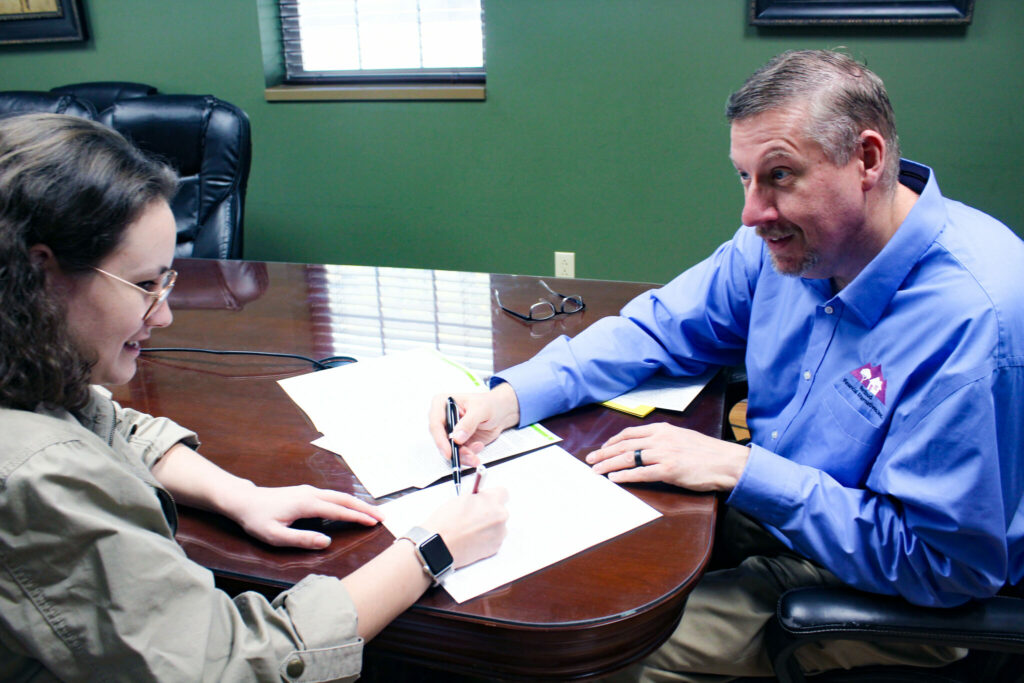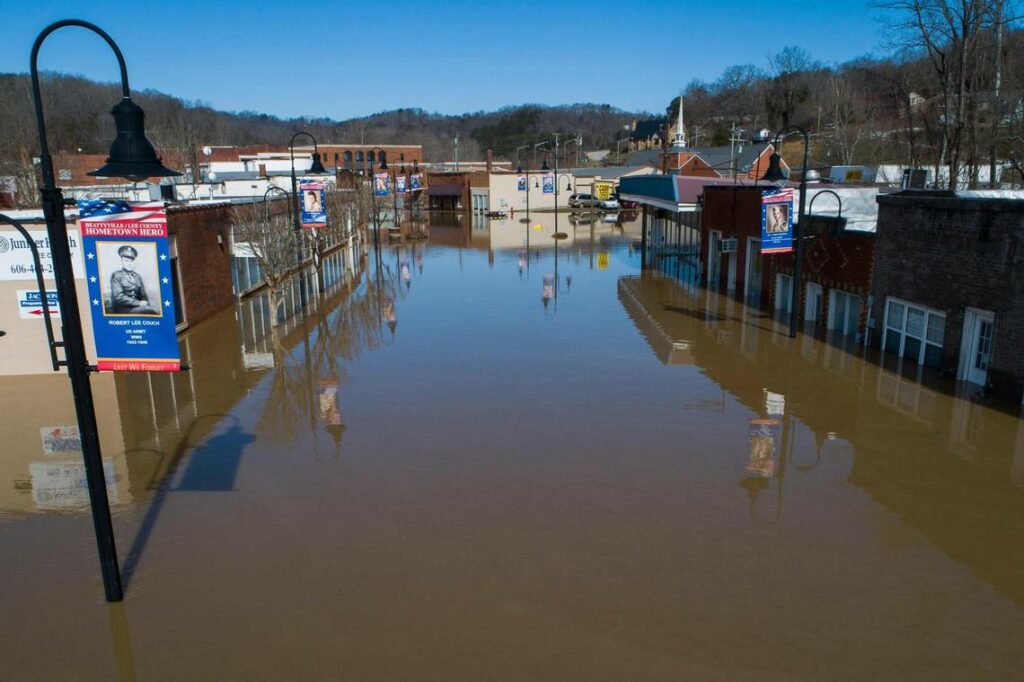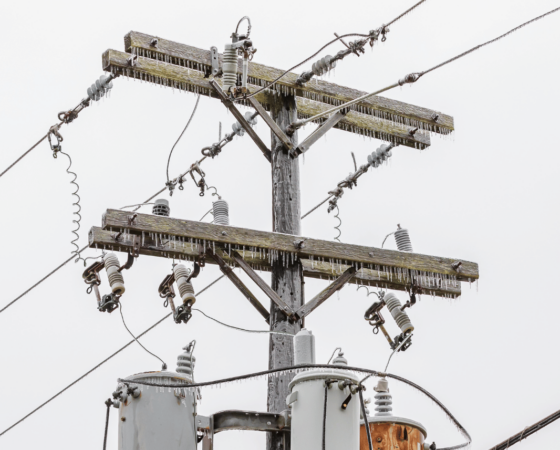From the catchy jingles to the flashy signs, payday lenders are easy to find in most communities across Kentucky and the nation. Unfortunately, these lenders fill an important void for Americans living paycheck-to-paycheck.

In Perry County, Kentucky alone, high-cost predatory lenders are responsible for $23 million in loans per year, resulting in $2.6 million in fees annually. Because there are few federal credit unions serving southeast Kentucky, there are no alternatives for personal loans if your credit is not up to par for a bank’s standard. About a decade ago, Housing Development Alliance (HDA), an affordable housing nonprofit serving the area, began to work on a solution to this widespread problem.
“They were finding that the majority of people applying for homes had credit and debt issues that prevented them from qualifying to become homeowners,” James Caudill, CDFI Director of Redbud Financial Alternatives, said.
So, in 2016, HDA decided to start Redbud Financial Alternatives, a nonprofit Community Development Financial Institution, in order to offer financial alternatives and education for residents of Perry, Breathitt, Knott, Leslie and surrounding counties. Today, Redbud has issued more than $2 million in loans, supporting 395 Kentuckians in saving more than $300,000 in interest and fees.
They now offer a suite of options for area residents – from auto loans to flood repair loans – and a financial action plan for each client. This may include one-on-one credit counseling, budget counseling, check-ins or app recommendations. They guide people in developing and practicing good habits and skills that enable them to build personal assets.

“A young lady who was paying 20% interest on a car loan from a local car dealership noticed that her balance was not going down. She came in and asked if we could take a look,” Caudill described. “We were able to help her get a new loan that dropped her interest down to 6% and lowered her debt-to-income ratio to 7.85%. Over time and with our credit card use coaching, her credit score has gone from a low 500 to now over 650.”
He adds proudly, “That young lady is now in HDA’s home ownership program.”
Caudill says the need for financial alternatives in their service area continues to be extremely high. “Though we’ve done $2 million in loans in 7 years, half of that — $1 million — was done in just 15 months.”
Some of that need has to do with the aftermath of the devastating July 2022 flooding.
“We were worried that people would turn to high-cost lenders in the months after the flood, trapping people who already face financial burdens into a deepening debt cycle.”
In the immediate months after the flood, Redbud supported flood victims with financing for all new appliances for new homes built out of the flood zone, and financing to replace flooded vehicles and flooded HVAC systems.

Early this summer, they launched a new appliance and home repair fund for flood victims using a special capital investment from Mountain Association. People in need of these funds apply through HDA and the two organizations combine expertise, with HDA assessing the damage and Redbud determining the financing options, to keep people in their homes. The loans are no greater than 8% interest with terms up to 10 years and deductions on interest rates if pay back happens sooner. The funds will revolve as they pay back and go out to more individuals needing this support.
“People want to stay in their homes where all their memories are,” Caudill said.
The program is not based on income, which is an important factor that prevents many from qualifying for existing housing repair loans. They are also offering this program to other Fahe members, likes HOMES, Inc., to support other areas in the depths of disaster recovery.
“Giving folks options for financing that aren’t taking advantage of them, especially when they’re at their most vulnerable, is a strong step towards economic stability. I’m proud that Mountain Association has been able to partner with Redbud on this,” said Les Roll, Special Projects Manager with Mountain Association who also serves on Redbud’s board and loan committee. “Serving on Redbud’s Loan Committee and Board of Directors has confirmed for me how much our work supports each other’s goals of building a more inclusive, sustainable economy.”
Redbud is currently developing a strategic plan to guide the next several years. They are making plans to expand their staff to three people, adding a credit counselor. They also hope to add additional Americorps support in the near future.
For more information, please visit their website at https://redbudfinancialalternatives.org/





